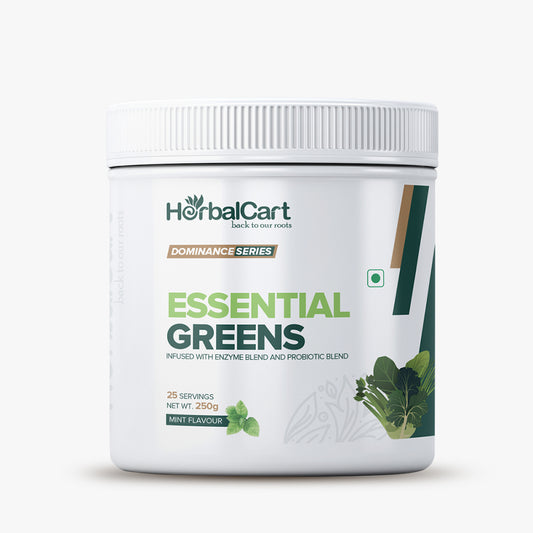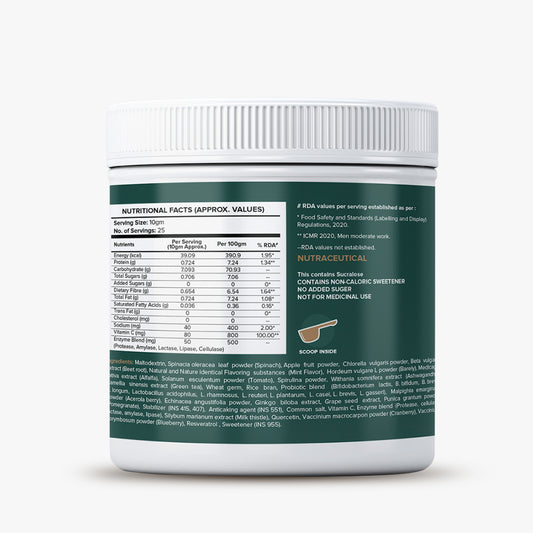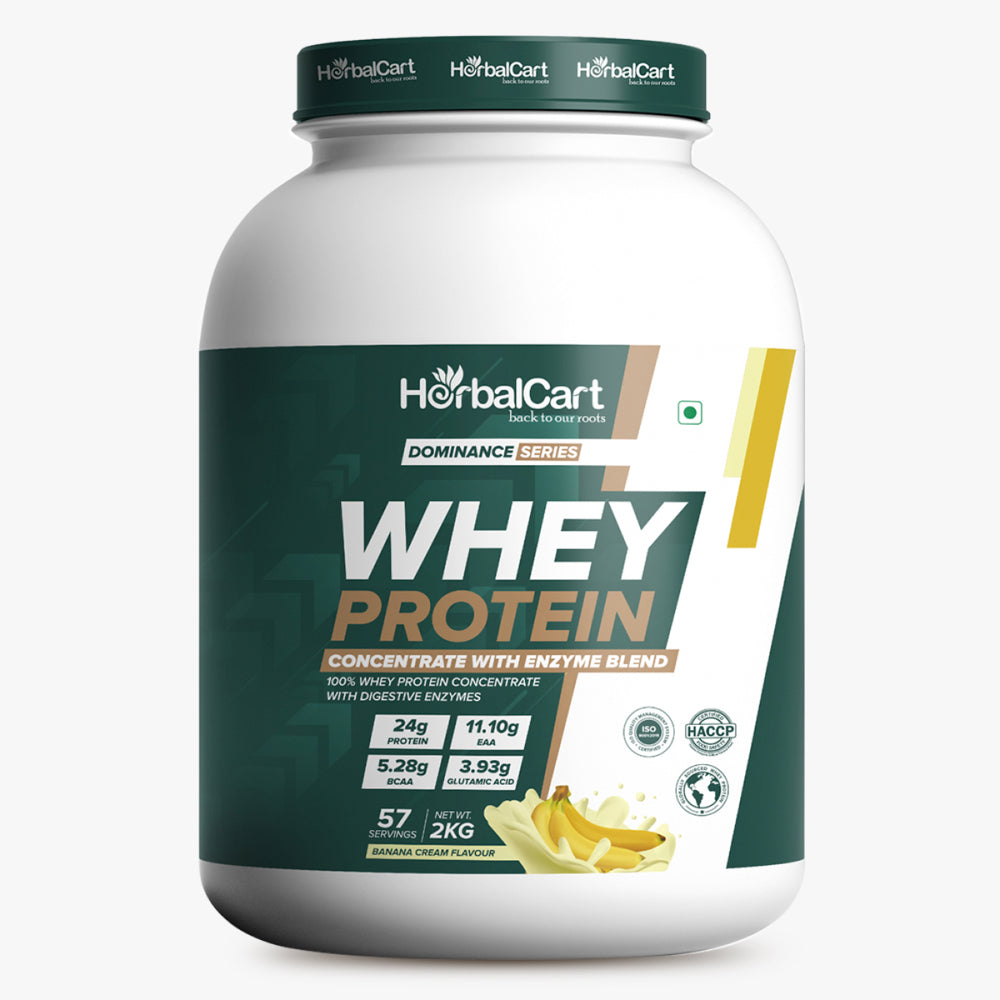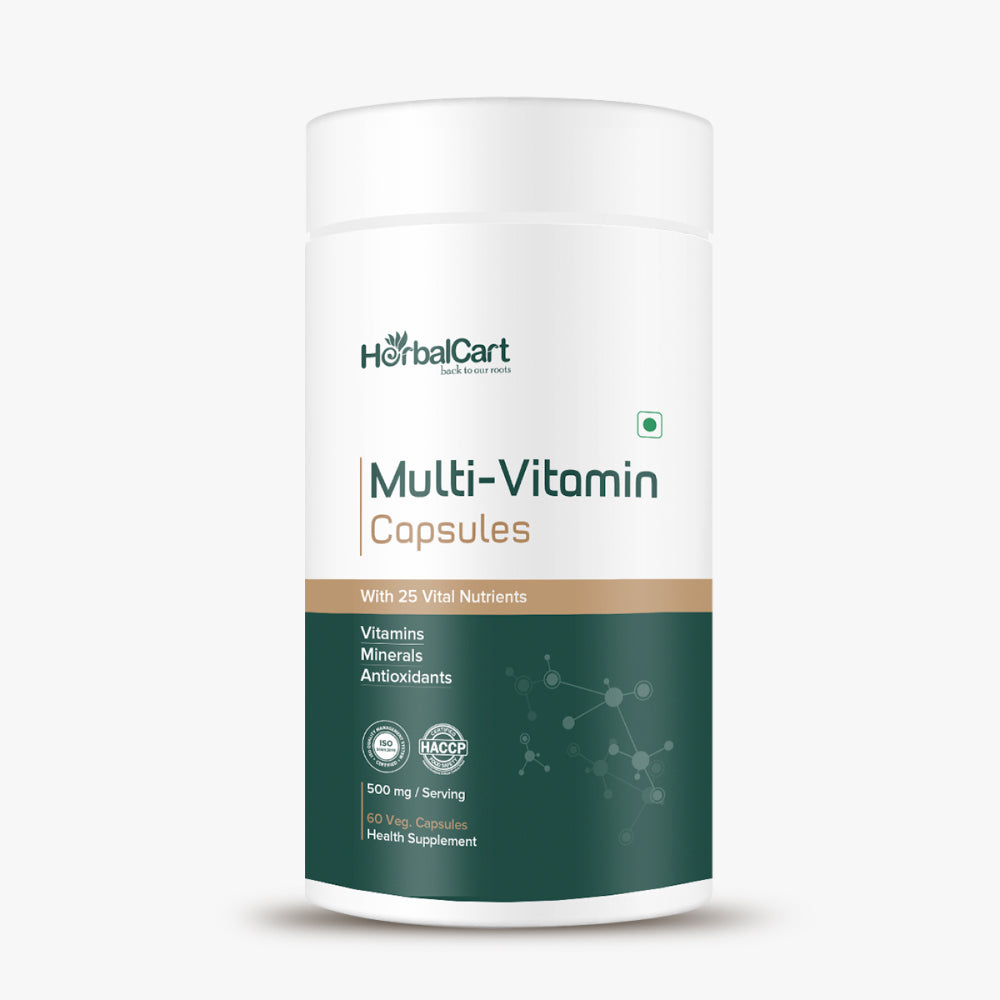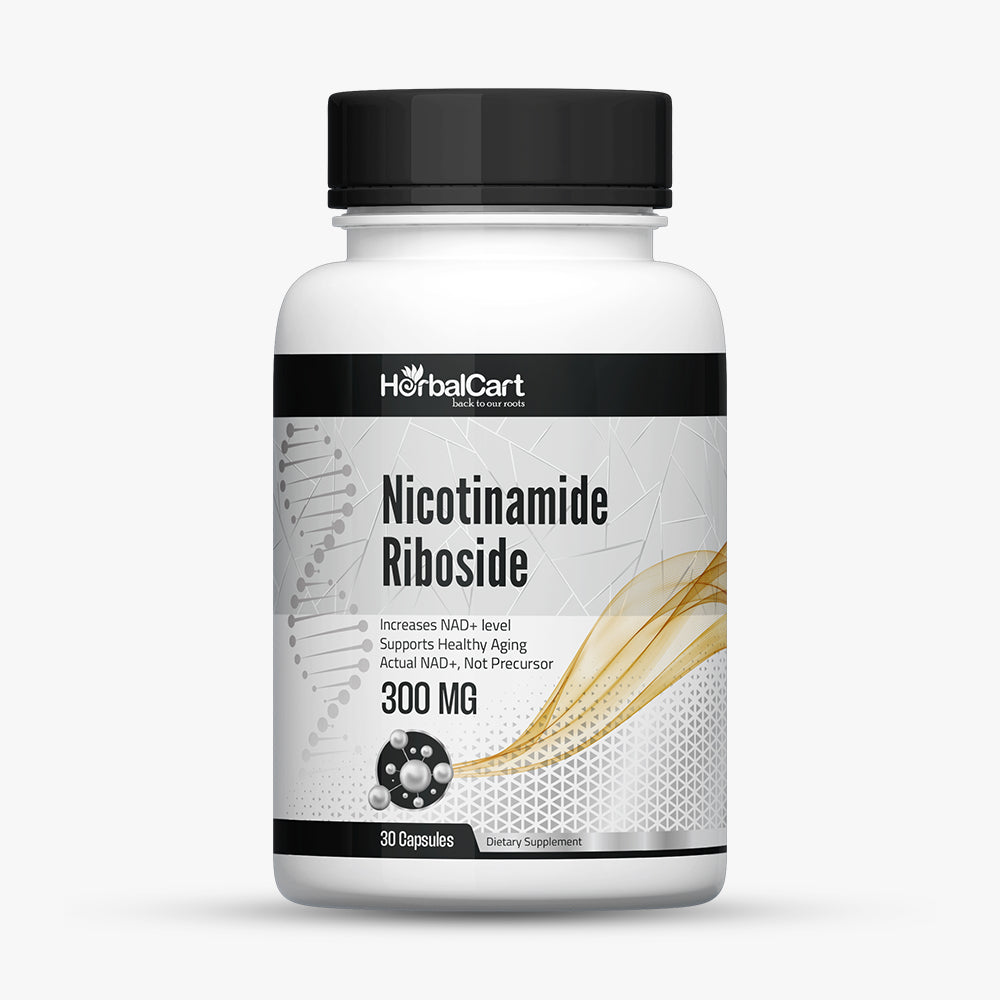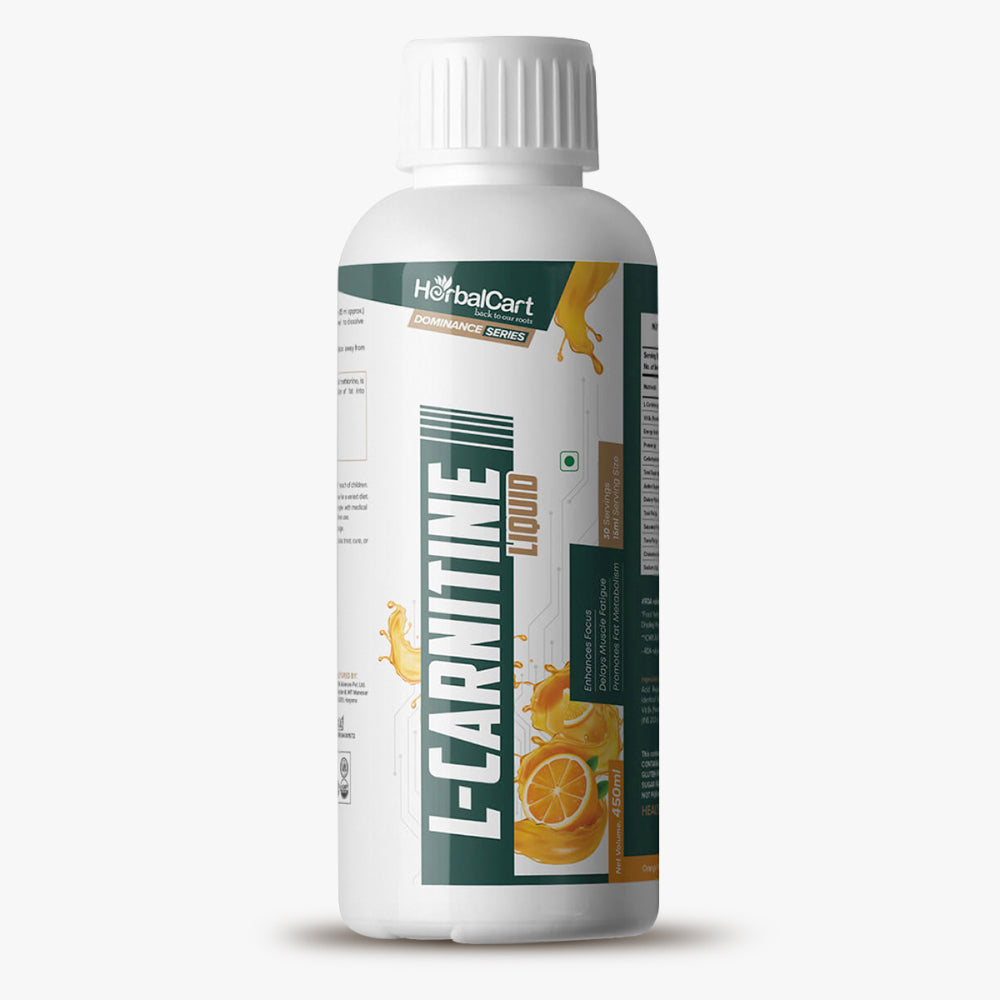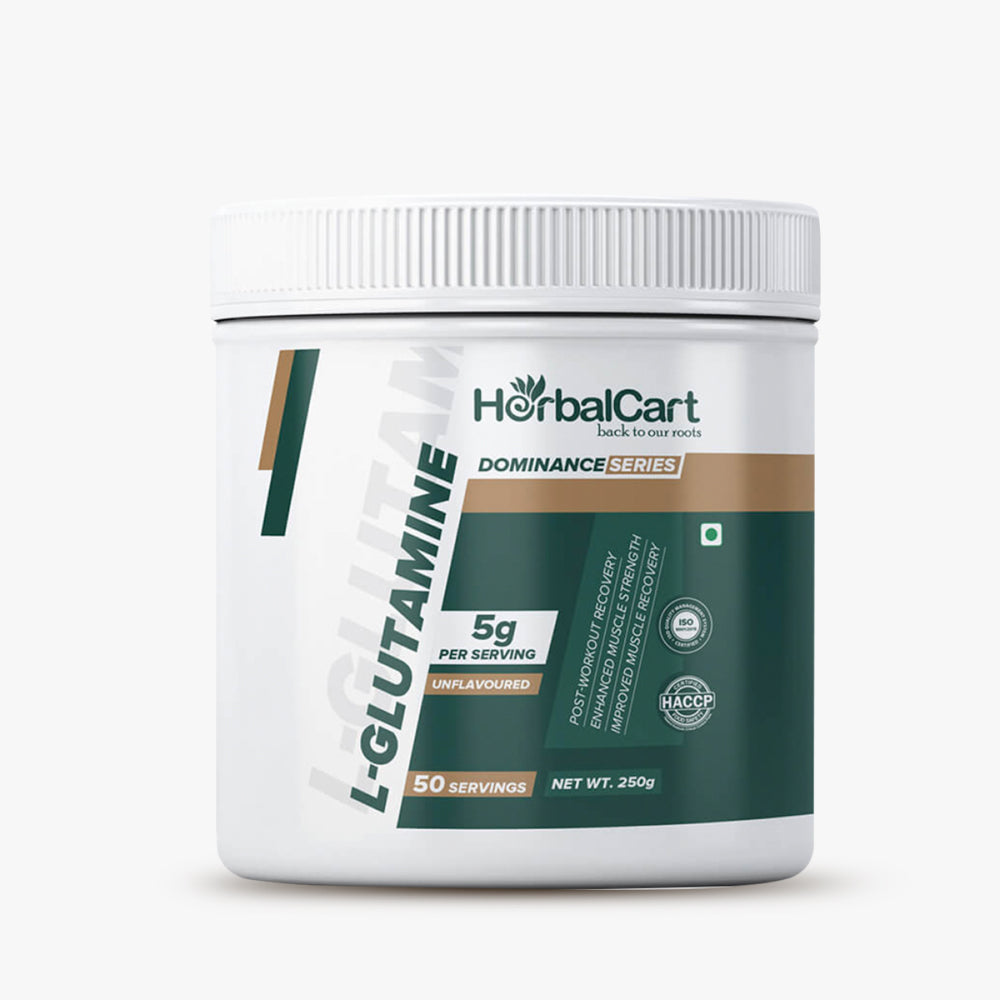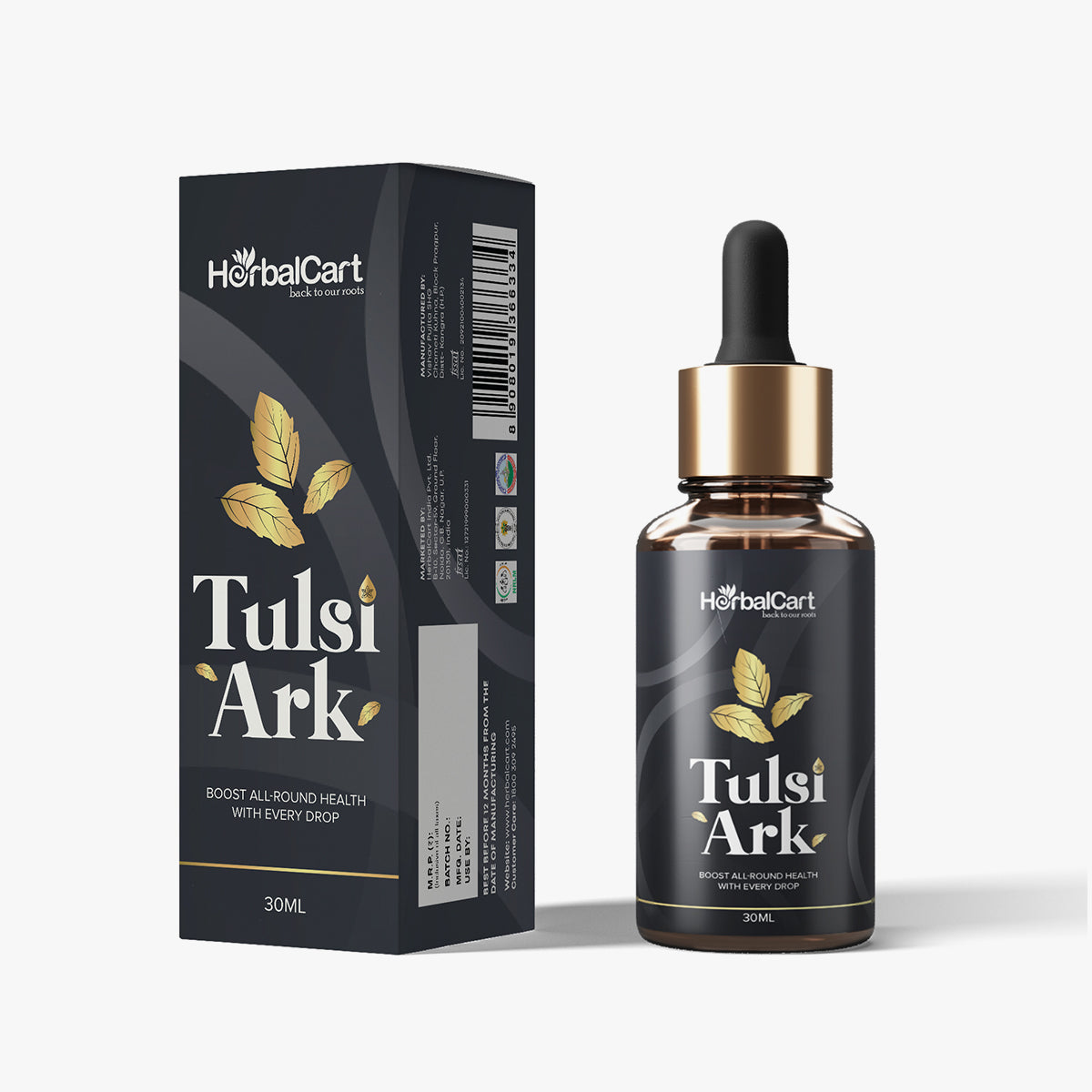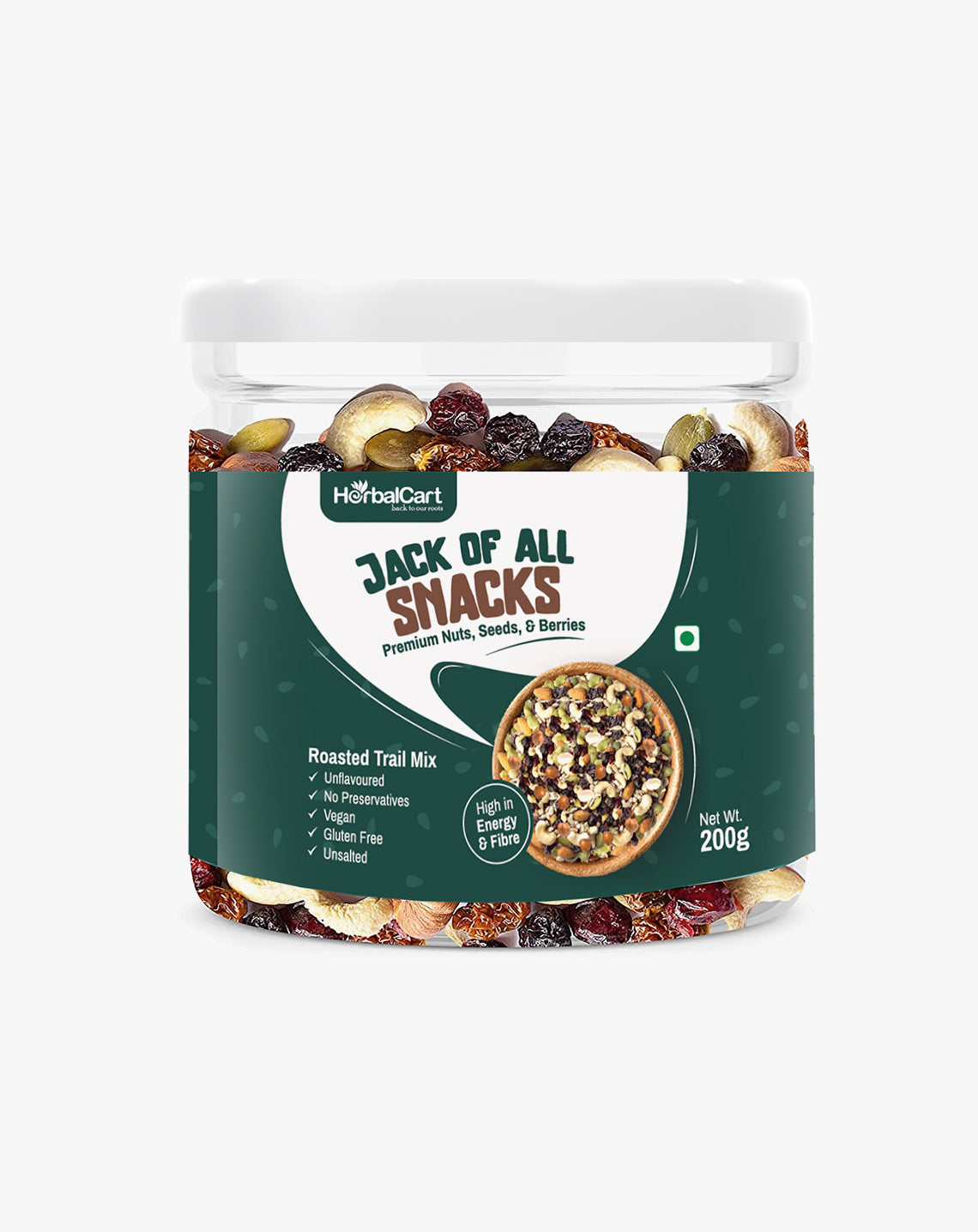According to the study published in the Journal of the American College of Cardiology in July 2017, plant-based foods like nuts, fruits, and veggies carry a significantly lower risk of heart disease.
Another study published in the Journal of Nutrition in April 2019 found that plant-based diets offer an ample amount of health benefits. For example, these diets help prevent diseases like type 2 diabetes and high blood pressure. So, if you plan to switch to plant-based diets, there is absolutely nothing to worry about.
What is a plant-based diet?
Plant-based diets majorly focus on foods obtained from plants. These diets contain certain foods linked with heart benefits like whole grains, fruits, vegetables, legumes, nuts, and healthy olive oils. The plant-based proteins include fiber, vitamins, and minerals that lower blood pressure, LDL (bad) cholesterol, reduce the risk of diabetes, and help in maintaining a healthy weight that lowers the risk of heart disease.
Many nutrition-based research surveys published on Harvard University’s website have stated that plant-based diets include the Mediterranean and vegetarian diets. The Mediterranean diet also carries the foundation of plant-based foods, consisting of fish, poultry, eggs, cheese, and yogurt. Furthermore, random clinical trials have proved that this diet reduces the risk of heart disease, metabolic syndrome, diabetes and depression and enhances overall well-being. At the same time, vegetarian diets claim to offer good support to health that helps in lowering down the risk of developing coronary heart disease and high blood pressure and increases longevity.
What’s the difference between a vegan, vegetarian, and plant-based diet?
The vegan diet also contains plants like vegetables, grains, nuts, and fruits. This diet also includes foods derived from plants. One such diet does not have any food from animals, including dairy products and eggs.
Vegetarian diets include different fruits, vegetables, grains, pulses, nuts, and seeds. They also have dairy and eggs that are dependent upon the person’s type of diet. Thirdly, plant-based diets consist of plant foods which include fruits, vegetables, grains, and legumes. These diets consist of fiber, vitamins, free of cholesterol, low calories, and saturated fat. In addition, these diets provide all types of foods rich in proteins, calcium, and other types of essential nutrients needed by the body.
Give a read at the table given below to know what types of foods get categorized as plant-based, vegan, and vegetarian foods.

What are the benefits of a plant-based diet?
Plant-based diets help support the immune system and carry essential nutrients that aid in nurturing the health of the human being. Their produced vitamins, minerals, photo chemicals, and antioxidants help keep cells healthy and balance the body by allowing the immune system to function at its best. According to medical experts, a healthy immune system is always vital in reducing cancer risk and can attack mutations in cells before they progress to disease.
Reduce Inflammation:
Plant-based foods work effectively in reducing the inflammation in the individual’s body. They consist of phytochemicals and antioxidants that help in boosting the immune system, neutralize toxic pollutants, and processes food free from bacteria and viruses.
Weight Management:
Another interesting fact about plant-based diets is that they help manage weight and reduce the risk of other deadly diseases. In other words, it reduces inflammation and hormonal imbalance. Along with that, it also reduces the returning chance of any fatal disease.
Reduce Cholesterol:
Plant-based diets are a prosperous source of fiber. Moreover, these diets bring a whole amount of benefits. They help in improving the health of the gut and give essential nutrients to support the immune system. Moreover, they are capable of reducing cholesterol and stabilize blood sugar.
Lowers the Risk of Heart Disease:
According to the research published in the Journal of the American Heart Association in 2019, it has been found that middle-aged adults who consumed diets rich in plant food and less in animal products undergo fewer heart problems.
As per the facts revealed by American Heart Association, people who consume less meat are least likely to suffer from stroke, high blood pressure, high cholesterol, type2diabetes, and even don’t suffer from any chronic health disease.
Prevent Diabetes:
These diets help people to prevent and manage diabetes by improving insulin sensitivity and by reducing insulin resistance. The research of the American Heart Association supports this claim. Their study found that only 2.9% of people out of 60,000 had type 2 diabetes compared to 7.6% relying on a non-vegetarian diet.
The research also concluded that people consuming vegetarian diets had a lower risk of type 2 diabetes than meat-eaters.
Thus, the researchers concluded that plant-based diets and vegan and vegetarian diets help in treating diabetes. These diets improve metabolism rates, help in reducing weight, and reduce the dependency on high-cost medications. Many medical experts have suggested that plant-based diets are highly beneficial for people suffering from prediabetes or type 2 diabetes.
Should I Switch to a Plant-Based Diet?
If you want to live a life free from all diseases, switching to a plant-based diet will be the most beneficial option. Start your morning ritual by eating a few pieces of nuts, legumes, and whole grains that will immunize your body with amalgamated macronutrients such as healthy fats, complex carbs, and proteins.
Supported by the facts of medical researchers, a vegan diet cultivates different bacteria that can lower the rate of inflammation in the gut and may boost metabolism. Another interesting note to put out in its support is that you may lose weight at ease which you might have tried earlier.
These diets have been highly recommended for weight loss because they contain fewer calories and more nutrients. It consist more nutrients and fewer calories are the added advantage of bringing overall health benefits once you switch to plant-based diets.
Carrying low-calorie intake makes plant-based foods more eatable and acceptable. Moreover, these vegan diets get linked with low-calorie intake; perhaps this is why many people love consuming this food. These foods consist of high-fiber content, greater food volume, and low energy density.
How to start a plant-based diet?
If you are thinking of starting a plant-based diet, then by taking the small steps only, you can easily follow the plan of nourishing your body with stellar health benefits.
If you have read it till now, then you might have been already familiar with its benefits. Not a few, but the perks of relying upon plant-based diets are many. Plant-based diets supply more heart and digestion-friendly fiber that bring vitamins, minerals, antioxidants, and saturated fat too.
Here are some easy steps that will help you get started on the plant-based diet.
CONSUME VEGETABLES: Make sure to fill half of your plate with vegetables at the time of lunch and dinner. Do prefer to take vegetables as a snack with hummus, salsa, and guacamole.
PREFER LESS MEAT IN YOUR DIET: Instead of having the larger chunks of red meat in your diet, prefer to eat it in smaller amounts.
CHOOSE HEALTHY FATS: Consume foods rich in healthy fats like olive oil, olives, nuts, seeds, and avocados. They bring good nutrition to the body.
PREFER VEGETARIAN MEAL: If you cannot eat a vegetarian meal regularly, then plan to eat it twice a week. You can think of preparing your meal around beans, whole grains, and vegetables.
CHOOSE BREAKFAST RICH IN NUTRIENTS: Start your day by eating a healthy breakfast. It would be best if you add oatmeal, barley, quinoa, and buckwheat. You can also think of adding some nuts and seeds along with dry fruits.
CHOOSE GREENS: You can choose various green leafy vegetables like kale, collards, spinach, steam, grill, braise. You can stir-fry to preserve their flavor and nutrients.
PREFER MEALS CONSISTING SALAD: Make some space for having a healthy salad in your diet. Try to eat nutrition-rich salads like romaine, spinach, Bibb, and red-leafy vegetables. You can also add other vegetables like fresh herbs, beans, peas, and tofu.
EAT FRUIT FOR DESSERT: Instead of savoring your tastebuds with sweet, sugar-coated unhealthy foods, you should prefer a ripe, refreshing slice of watermelon that will satisfy your craving for a sweet dessert after a meal.
If you face difficulty following the plan mentioned above, there are some most accessible ideas that you can implement every day and see a healthy change.
BREAKFAST: You can take rolled oats with walnut, banana, and a sprinkle of cinnamon. You can make some space for black beans, peppers, and a whole-wheat tortilla. For adding more sweetness to your breakfast diet, you can add whole-wheat English muffins blended with fresh tomato, avocado slices, and blueberries.
LUNCH: In your lunch, you can fill your plate with chopped mixed greens of fresh parsley, tomato, crumbled feta cheese, extra virgin olive oil, and balsamic vinegar. You can have tomato basil soup and fresh-green fruits too.
DINNER: Eat less because, after dinner, it’s your time to rest. You can think of adding grilled vegetable kabobs with grilled tofu, quinoa, and spinach salad. If you are a pasta-lover, eat whole-wheat pasta filled with cannellini beans, peas, romaine salad with cherry tomatoes and extra virgin olive oil, and balsamic vinegar. You can also think of having vegetarian chili along with a spinach-orzo salad.
Is a Plant-Based Diet Healthy?
There is no doubt that plant-based diets carry a significant amount of health benefits, and these diets are focused on a plant food that will help you get rid of illness and any chronic health issue. These diets limit the intake of oils, added sugars, and processed foods, which source more healthy nutrients to the body.
Another supporting fact is that these diets optimize the intake of nutrients and generally eliminate foods responsible for deteriorating health. Count on them because of their low amount of saturated fat composition. In addition, these diets consist of free cholesterol, rich in fiber, vitamins, minerals, and antioxidants.
The health benefits emerging from these diets ensure that risks linked with chronic heart disease, diabetes, digestive disease, colon cancer, and obesity get lower significantly.
Backed with sources of proteins are these diets. They consist of enough plant-based proteins to maintain muscle mass, strong bones, and healthy skin. Some of the pant-sourced foods packed with abundant proteins are beans, lentils, split peas, soy products, nuts, and seeds.
One thing you should be least worried about is that whether your plant-based diet will consist of all the essential nutrients or not? This myth of yours is about to break if we suggest that some scientific findings have proved that plant-based diets contain a sufficient amount of calcium and vitamin.
Here are some fantastic facts supporting the abovementioned statement
Pasteurized milk products such as soy, almond, rice, and hemp milk contain calcium and vitamin D, making your body healthy and fit.
If your diet consists of dark green leafy lettuce and beans, then your intake of calcium in the body will more. If you are consuming mushrooms and fortified cereals rich in vitamin D, you are indirectly consuming vitamin D.
What does the HerbalCart recommend?
Health is the secret treasure that redefines the quality of life, and keeping this thought in mind, we at HerbalCart would recommend you to give more preference to plant-based diets. Not only will they nourish your body with an ample amount of benefits, but they will keep your body free from chronic diseases. So whether you are aging or turning old, these diets will sustain your health and keep you fit always.












